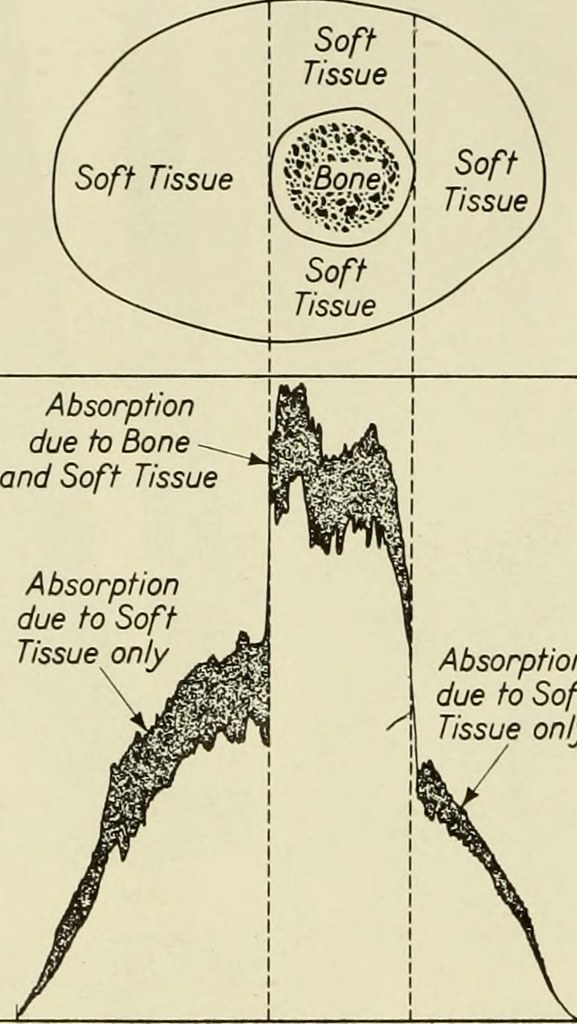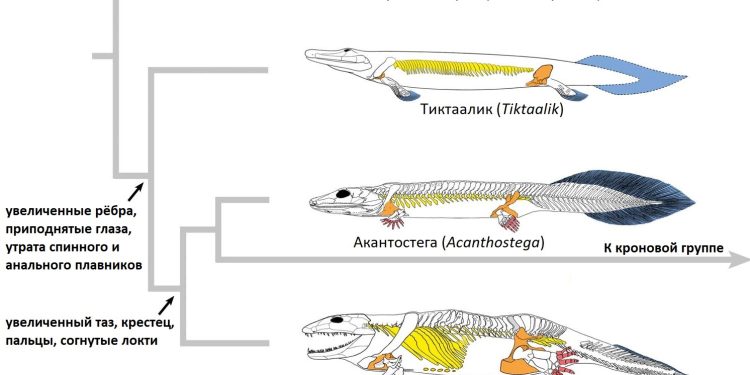As a bewitching explosion of vibrant colors paints the evening sky, science dances within every fleeting hue, whispers in the swaying tree branches, twinkles in each celestial body. Its essence resides in the very air we breathe, yet its complex language often seems impossibly arcane, a cryptic sonnet penned by the cosmos itself. Worry not, intrepid reader, for we have embarked on an extraordinary journey to unravel these scientific mysteries and transcend the boundaries of understanding. Welcome to “Science Simplified: Making Complex Concepts Understandable”, your Rosetta Stone for the dialect of the universe. Prepare to delve deep into the radiant heart of knowledge, and remember, complexity is merely simplicity waiting to be unraveled.
Scientists have a responsibility to not only excavate the mysteries of the universe but to share these discoveries in a way that is digestible to all. Science doesn’t have to be intimidating, laden with jargon or complex equations. There are ways to convey scientific concepts that can make more people understand and appreciate their significance. Here are some techniques – making use of analogies, using simple language, breaking the concept into small parts, providing lots of examples, and drawing connections with everyday life.
- Making use of Analogies: An analogy is a powerful tool in explaining difficult concepts. For example, explaining electricity could be as easy as understanding water flow in a pipe.
- Using Simple Language: Ditch jargons, use language that a layman can understand. Do not complicate things more than they need to be.
- Breaking Concepts into Small Parts: Much like how you would eat an elephant—a bite at a time. Break down complicated concepts into smaller, easily digestible bits.
- Providing Lots of Examples: Abstract ideas become clearer when given concrete examples. It makes science relatable.
- Drawing Connections with Everyday Life: When a scientific principle is visible or tangible in everyday life, it’s easier to understand.
Beyond translating theoretical knowledge into practical intelligence, science should also be experiential. This isn’t about dumbing down the content, but rather empowering everyone to participate in and appreciate scientific discourse. Whether it’s through household experiments, interactive apps, or outdoor explorations, these experiences can make abstract concepts concrete. The end goal? Making science an adventure rather than a chore. With curiosity as our north star, there’s no limit to where our scientific voyages can take us.
- Household Experiments: Conducting simple experiments at home, using ordinary materials, can help solidify understanding.
- Interactive Apps: There are numerous apps available that make learning science fun and interactive. These are great resources to leverage.
- Outdoor Explorations: Exploring nature can be an excellent opportunity to experience science in action. Studies on plant growth, water cycles, or even weather patterns can be enlightening.
In conclusion, the beautiful tapestry of knowledge that is science isn’t confined to the lofty ivory towers of academia. It belongs to everyone, for the single grain of truth at the heart of science is the universe itself. The large, complex web of science can feel formidable, but with a bit of patience, simplicity, and frugality of words, we can unravel its gems. With science simplified, we aim to make these complex concepts not just understandable, but also relatable, hoping to awaken a scientific spirit within every reader; to perceive wonder, to question, explore, and unceasingly be amazed. Thus, we bid you farewell with a thought, that when we unravel the complexities of science, we are, in essence, decoding the language of nature. Let’s continue fostering a more comprehensible scientific dialogue – for we are all explorers at heart, in a universe full of mysteries, waiting to be unraveled.






